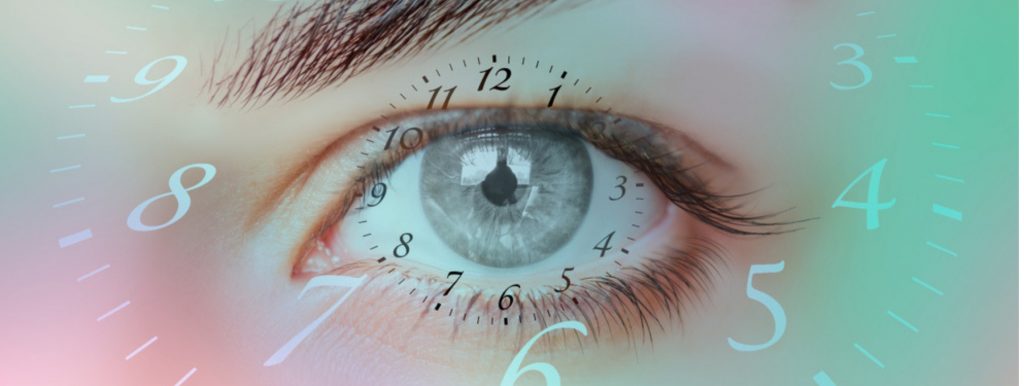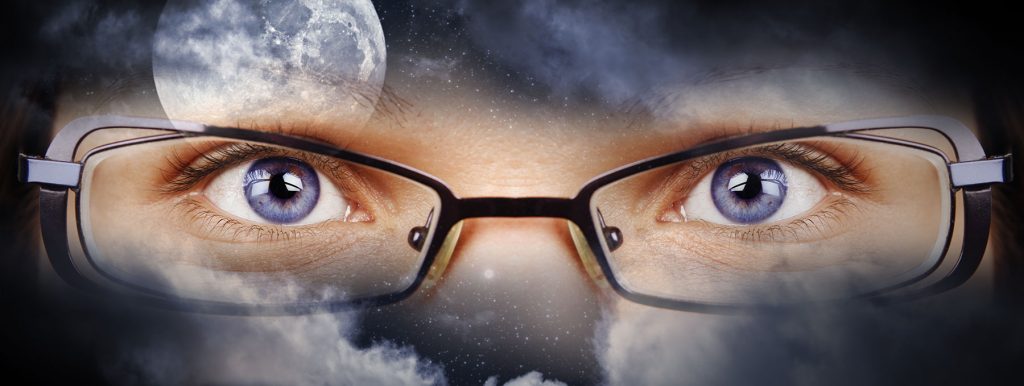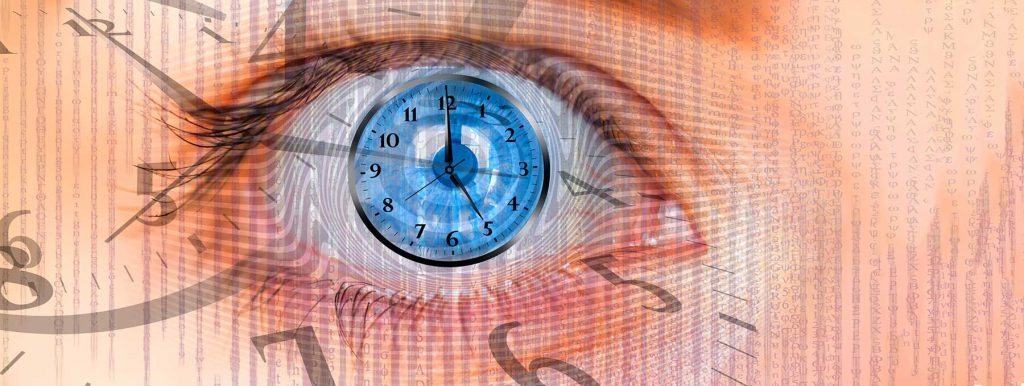Without vision, we would miss out on a variety of experiences. We would have trouble navigating our world and performing certain careers. There are also intangible elements of sight that would be lost, such as seeing the faces of loved ones or appreciating a piece of fine art. However, we are beginning to discover that […]Without vision, we would miss out on a variety of experiences. We would have trouble navigating our world and performing certain careers. There are also intangible elements of sight that would be lost, such as seeing the faces of loved ones or appreciating a piece of fine art. However, we are beginning to discover that [...]
Melatonin and Myopia: How Sleep Patterns Are Linked to Short-Sightedness
Researchers studying whether short-sightedness is linked with sleep patterns made an interesting discovery this year: People who have myopia, or short-sightedness, have melatonin levels that are up to three times higher than people who do not have myopia. Researchers hope that the newly discovered link between melatonin and myopia may offer a cost-effective solution for […]Researchers studying whether short-sightedness is linked with sleep patterns made an interesting discovery this year: People who have myopia, or short-sightedness, have melatonin levels that are up to three times higher than people who do not have myopia. Researchers hope that the newly discovered link between melatonin and myopia may offer a cost-effective solution for [...]
The Light-Sensing Molecule That Helps Set Internal Rhythms
New chronobiology research has discovered a light-sensing molecule that may be partially responsible for our eyes’ ability to sense day and night. How do our bodies sense light? There are several things that we do know about this complicated topic. We know that our circadian rhythms are partly dependent on light levels in our environments. […]New chronobiology research has discovered a light-sensing molecule that may be partially responsible for our eyes' ability to sense day and night. How do our bodies sense light? There are several things that we do know about this complicated topic. We know that our circadian rhythms are partly dependent on light levels in our environments. [...]
Newly Discovered Group of Cells in the Retina May Someday Offer Treatment for Jet Lag
New research into the function of a specialized group of retinal cells offers hope for innovative ways to treat jet lag and other circadian disorders. Most of us have experienced jet lag in one form or another. You probably know the symptoms well: difficulty falling asleep, difficulty waking up and poor quality sleep when you […]New research into the function of a specialized group of retinal cells offers hope for innovative ways to treat jet lag and other circadian disorders. Most of us have experienced jet lag in one form or another. You probably know the symptoms well: difficulty falling asleep, difficulty waking up and poor quality sleep when you [...]
The Eye’s Role in Circadian Rhythm Entrainment
Sight is important but it is not the only role of the eye. Research has shown that the eye’s role in circadian rhythm entrainment is greater than we previously believed. Our eyes are an important part of perceiving and adapting to our environments. We use our eyes to navigate the world in a variety of […]Sight is important but it is not the only role of the eye. Research has shown that the eye's role in circadian rhythm entrainment is greater than we previously believed. Our eyes are an important part of perceiving and adapting to our environments. We use our eyes to navigate the world in a variety of [...]









